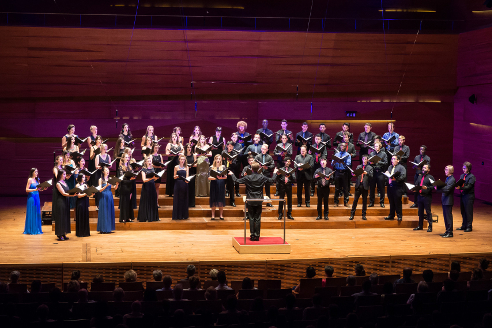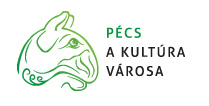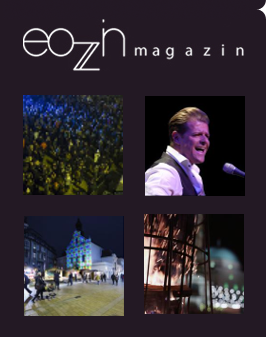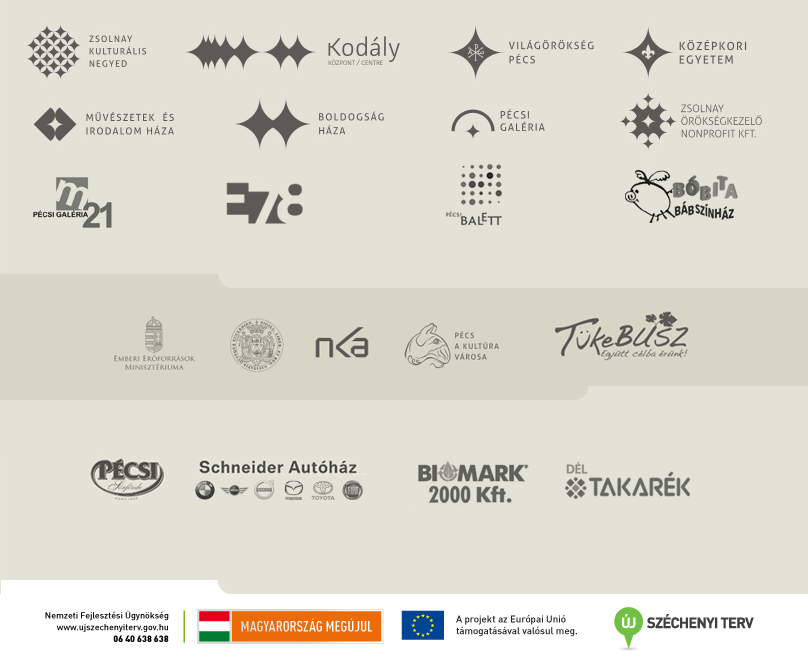PÉCS, THE HUB FOR CULTURE

Pécs had an unusually exciting opportunity by winning the title "European Capital of Culture" in 2010. In addition to the spectacular cultural infrastructure development of the past decade, the city has committed itself to an important cultural and geopolitical mission. The aim of the mission is to initiate and develop such cross-border projects and collaborations that support effective cooperation and exchange of information between cultural organizations and professionals in the region.
Pécs, the Hub for Culture
Pécs had an unusually exciting opportunity by winning the title "European Capital of Culture 2010", which in addition to its numerous programs, brought the city such great investments as the unmatched Zsolnay Quarter both in terms of its sheer physical size and intellectual uniqueness, or the impressive, sophisticated, multifunctional concert hall, Kodály Center.
The new potential institutions responsible for the culture of the city, as well as the world-famous attractions of the city, the Cella Septichora Visitor Center and the Early Christian Cemetery, and the House of Arts and Literature in the city centre as well as the Medieval University are also got into the management of Zsolnay Heritage Management Non-profit Ltd, bearing the name of included in the world-famous intellectual predecessor, Vilmos Zsolnay. The primary aim of the institution is to make sure that these sites to provide the cultural events of Pécs in a coordinated manner and to strengthen the city’s position on the tourism market in the long term.
In addition to the spectacular cultural infrastructure development of the past decade, the city has committed itself to an important cultural and geopolitical mission. The aim of the mission is to initiate and develop such cross-border projects, collaborations, conferences and professional meetings, trainings and cultural exchanges with Central and South-Eastern Europe - primarily with Serbia, Bosnia and Herzegovina, Croatia and Slovenia , that support the effective cooperation and exchange of information between cultural organizations and professionals in the region, both on amateur and professional level in the fields of performing arts, literature and cultural heritage and tourism development. The Regional Co-operation Strategy focuses on cooperation with cities having the title of "Cultural Capital of Europe".





























